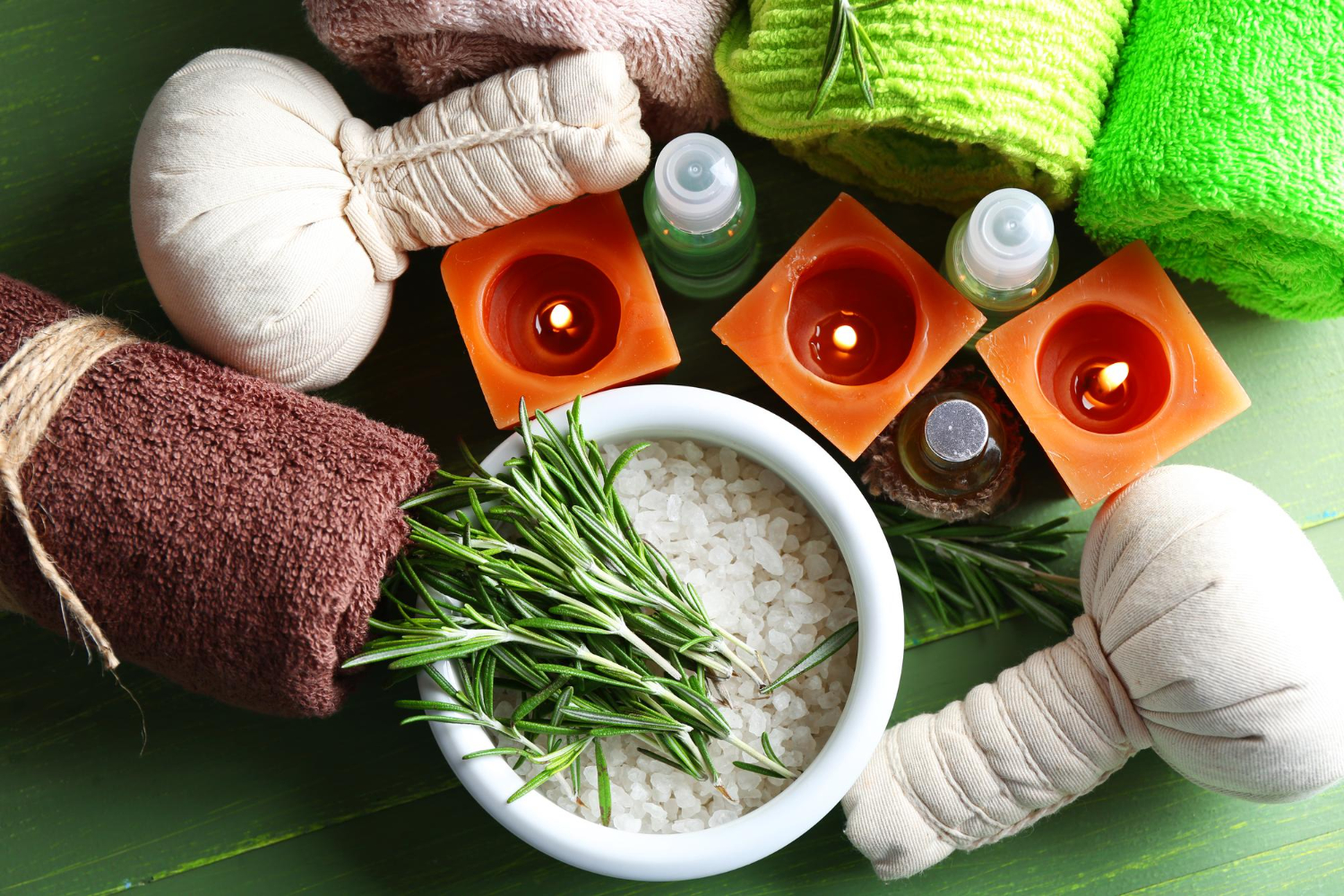Your Body Type

Your Body Type
At Satvabindu Ayurveda Clinic, we believe in the holistic healing power of Ayurveda. Our approach focuses on restoring balance to the body and mind by understanding the three primary energies or doshas—Vata, Pitta, and Kapha. With the guidance of our experienced practitioners, we provide personalized treatments designed to harmonize your physical, mental, and spiritual health. Pitta, symbolized by Agni or fire, is one of the three doshas in Ayurveda and plays a crucial role in maintaining the body's natural balance. The primary function of Pitta is transformation, which includes metabolic activities, digestion, and the release of energy. When Pitta is balanced, it fosters clarity, focus, and vitality.
Establishment of Prakriti
According to Ayurvedic texts prakriti is established at conception, at the time of fusion of sperm and ovum. Prakriti remains same throughout the life of an individual.
Factors Affecting the Formation of Prakriti
 Prakriti of sperm
Prakriti of sperm Prakriti of ovum
Prakriti of ovum Prakriti of uterine cavity
Prakriti of uterine cavity Diet of pregnant mother
Diet of pregnant mother Direct and outspoken
Direct and outspoken Time/season of conception
Time/season of conception Role of Panchmahabhuta
Role of Panchmahabhuta
The “Tridosha” Principle for Determining prakriti
The fundamental theory of Ayurveda is the “Tridosh” principle or the tri-energies theory. This can also be understood as combination of “panchbhutas” (Five Elements) into three doshas. These are biological or physiological and physical forces that cater to the metabolic functions and structural composition of our body. Kapha is responsible for anabolism. Pitta is responsible for metabolism. Vata is responsible for catabolism. The balance of these tri-energies is known as a state of health and their imbalance is disease. Anything which restores this balance is good for health. So specific diet, exercise, behavior or medicine can be recommended according to prakriti to restore this balance and provide health. The tri-energies are:
| Tridosh | Energy counterpart | Elementary Composition |
|---|---|---|
| Vata | Kinetic energy | Air + Ether |
| Pitta | Thermal energy | Fire + little quantity of water |
| Kapha | Potential energy | Earth + Water |
Relationship Between Vata, Pitta, Kapha and 5 Elements

It states that all the tissues (sapta dhatu) in the body can be developed properly if these are nourished by the nutrients similar in nature to them e.g. shukra dhatu in body is nourished by regular intake of milk and ghee. Similarly lifestyle also affects dosha in the body like by strenuous exercise vata increases in body and by sitting for long hours kapha increases in body. This is a principle of similarity (samanyam).
Same principle is applicable to opposites like Tila oil massage (which has properties opposite to vata) in vataj disorder decreases vata. This is a principle of opposition (Vishesh).
To increase any dosha/dhatu in body we choose similar herbs/dietary regimens, while to decrease any dosha/dhatu in body we choose opposite herbs/dietary regimens.
Importance of Knowing one’s Prakriti
According to Ayurvedic texts prakriti tells us about the susceptibility of an individual to develop particular type of diseases throughout his lifetime. There is a beautiful example that if a vata type person develops vataj disorder then its prognosis is difficult. If kapha type or pitta type person develops similar vataj disease then the prognosis is better and disease is likely to be cured easily.
Prakriti Analysis by means of Tridoshas or Trienergies of body plays a very important role in diagnosis and treatment of the disease. Not only this but this Diagnostic tool also helps you to know about particular dietary regimens, herbs to avoid or to prefer. Prakriti Analysis helps us to maintain healthy life style as well.
Therefore Prakriti is Important to Know
 Who I am? (On the basis of my vata, pitta, kapha constitution)
Who I am? (On the basis of my vata, pitta, kapha constitution) What should I eat?
What should I eat? What should I avoid?
What should I avoid? What should I eat in moderation?
What should I eat in moderation? What should I eat occasionally?
What should I eat occasionally? What should I follow in my life style?
What should I follow in my life style?
The answer to these questions can help us to have proper choice regarding our diet and lifestyle and stay healthy. There are 30 questions in prakriti test. Each question is having three choices. You are instructed to tick only one appropriate choice while giving answer. After answering all the questions, press Submit.
| # | Characteristics | Vata | Pitta | Kapha |
|---|---|---|---|---|
| 1 | Body Frame | |||
| 2 | Type of Hair | |||
| 3 | Color of Hair | |||
| 4 | Skin | |||
| 5 | Complexion | |||
| 6 | Body Weight | |||
| 7 | Nails | |||
| 8 | Size and Color of the Teeth | |||
| 9 | Pace of Performing Work | |||
| 10 | Mental Activity | |||
| 11 | Wealth | |||
| 12 | Grasping power | |||
| 13 | Sleep Pattern | |||
| 14 | Intolerance to weather Conditions | |||
| 15 | Reactions Under Adverse Situation | |||
| 16 | Mood | |||
| 17 | Eating Habit | |||
| 18 | Hunger | |||
| 19 | Body Temperature | |||
| 20 | Joints | |||
| 21 | Nature | |||
| 22 | Body Energy | |||
| 23 | Eyeball | |||
| 24 | Quality of Voice | |||
| 25 | Dreams | |||
| 26 | Social Relations | |||
| 27 | Wealth | |||
| 28 | Bowel Movements | |||
| 29 | Walking Pace | |||
| 30 | Communication Skills |




